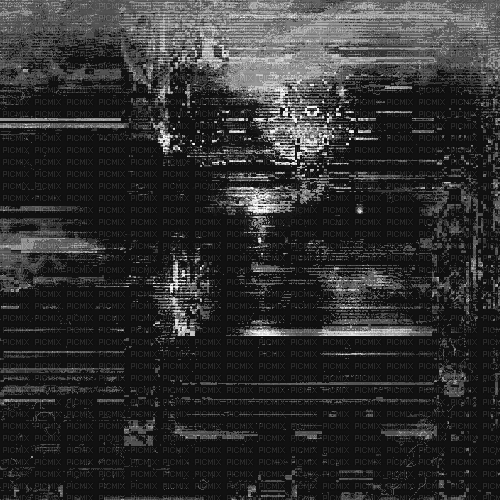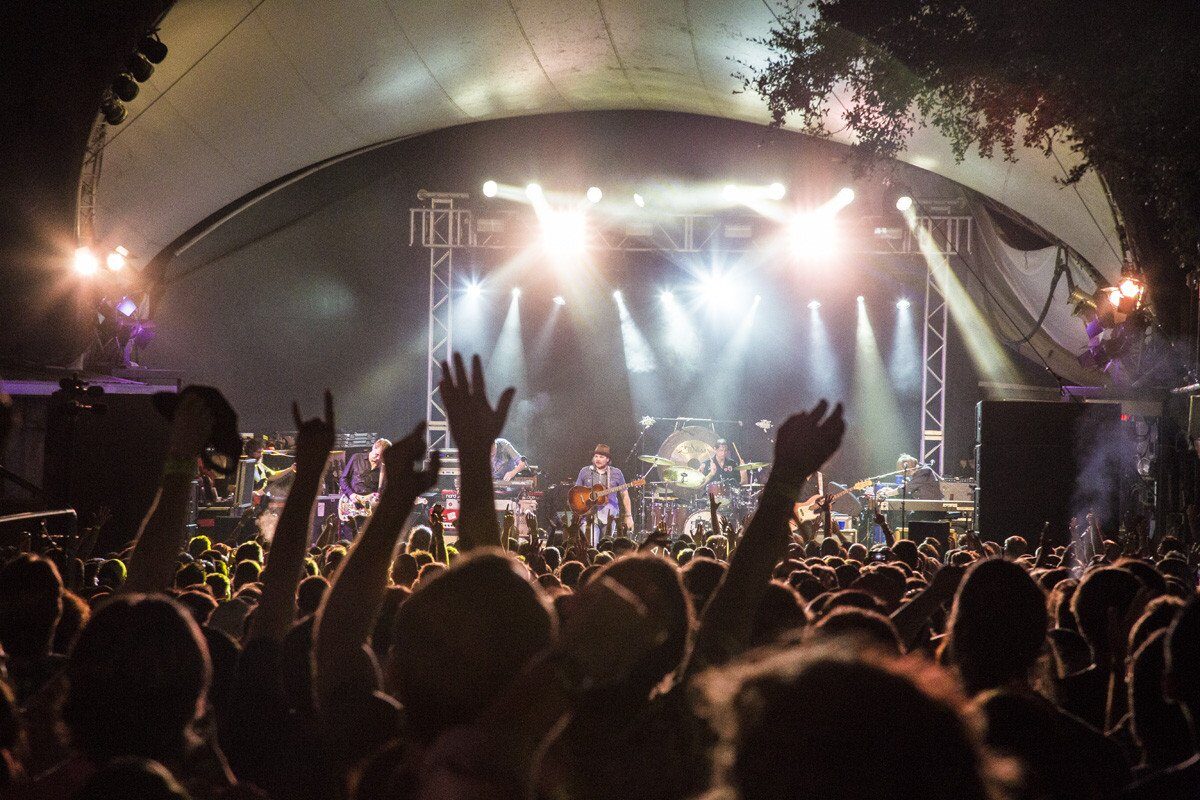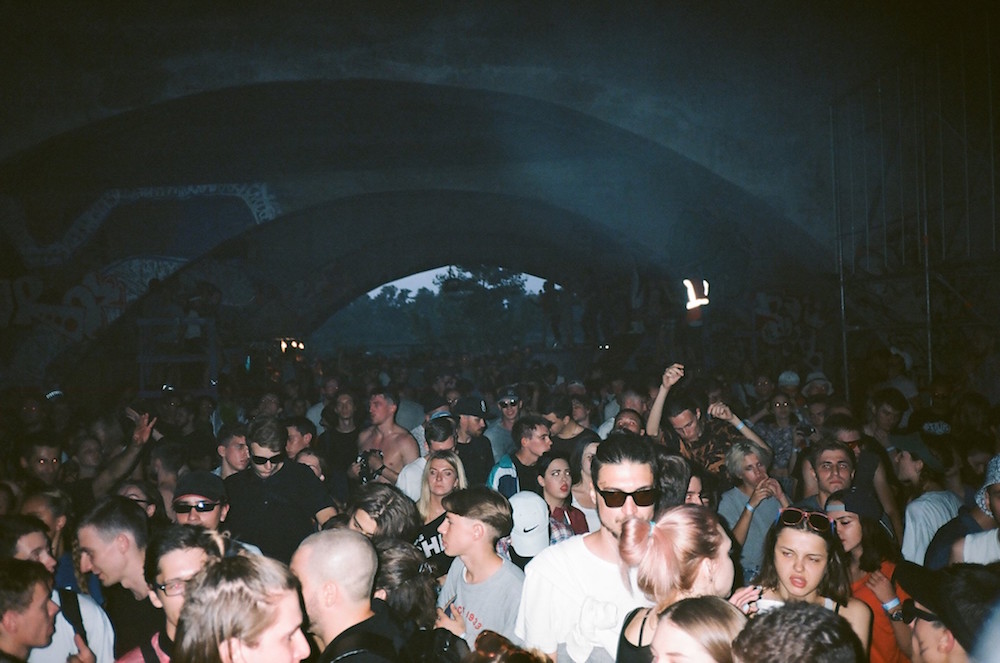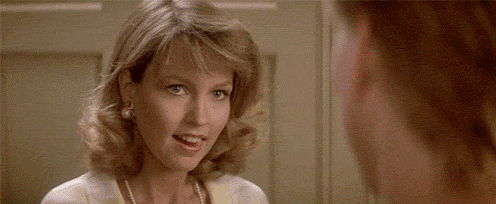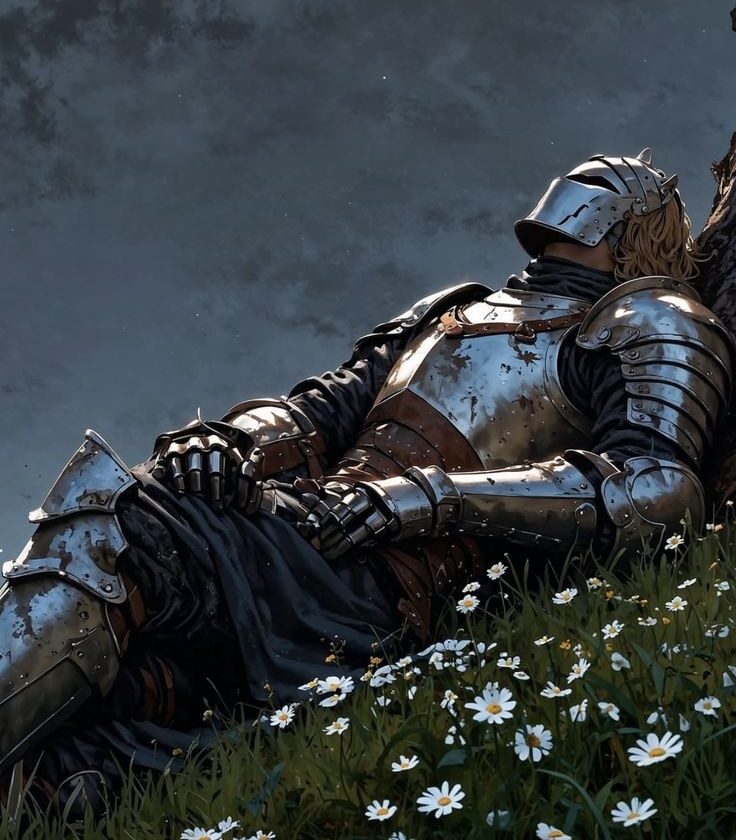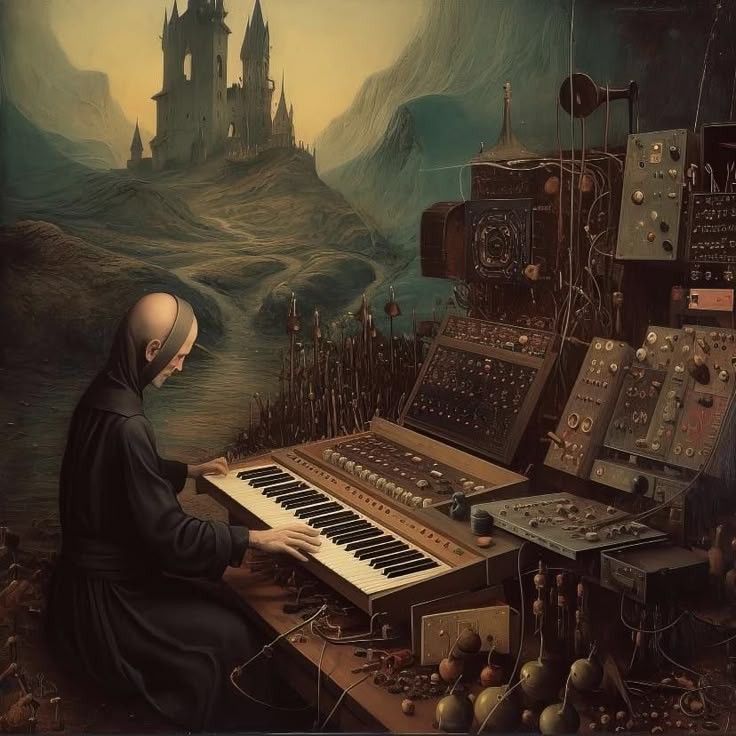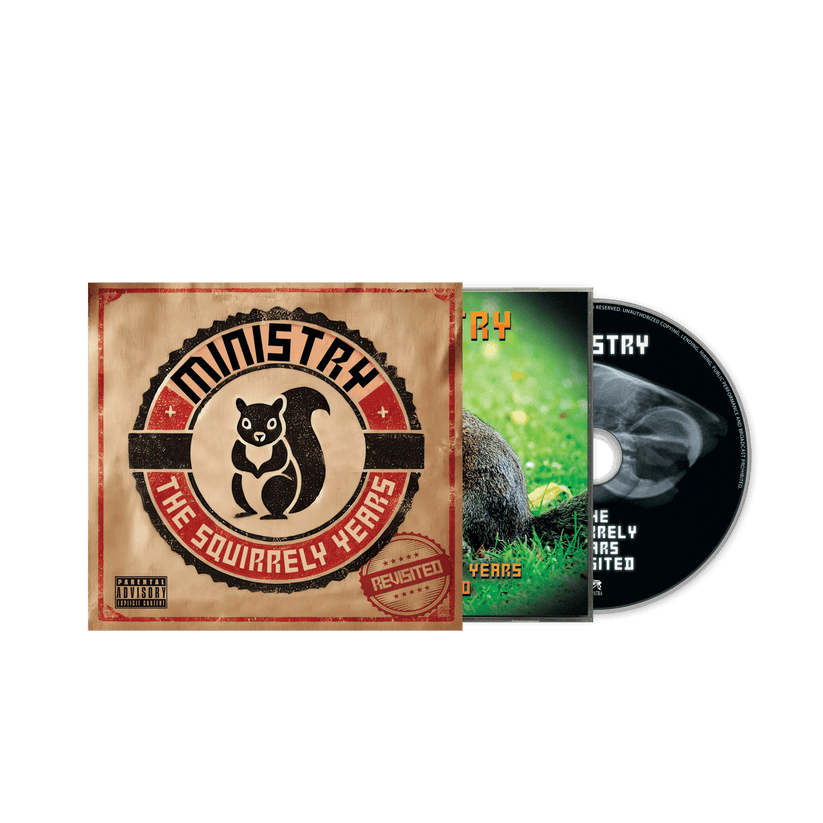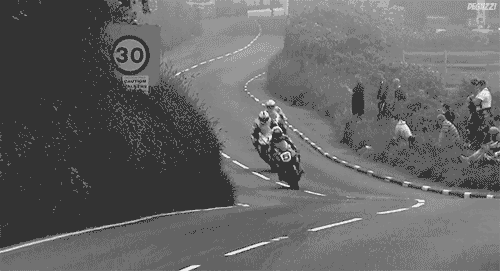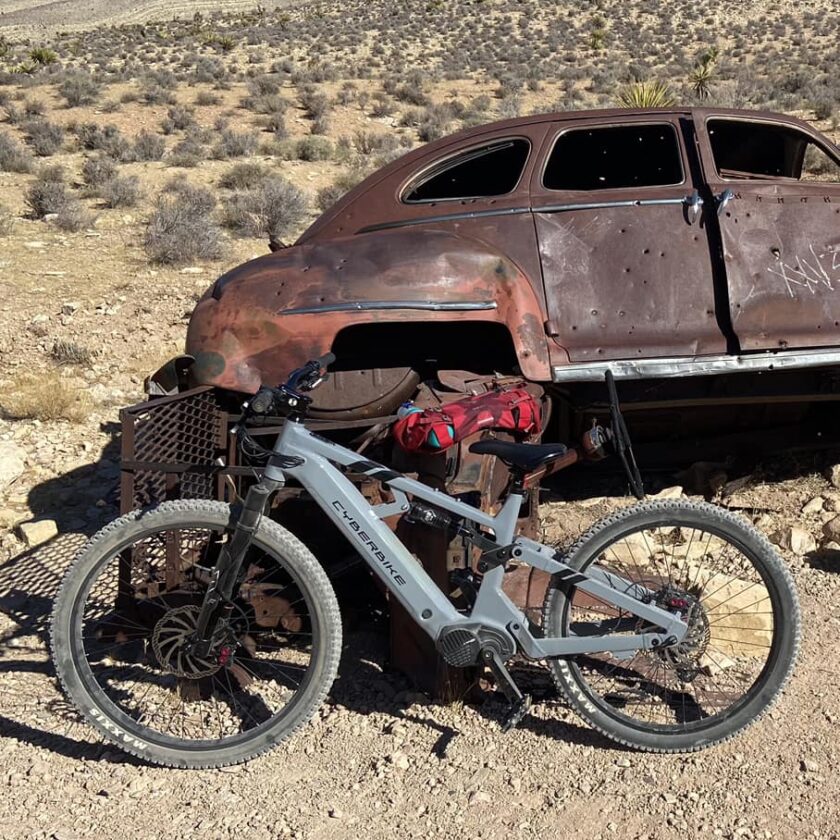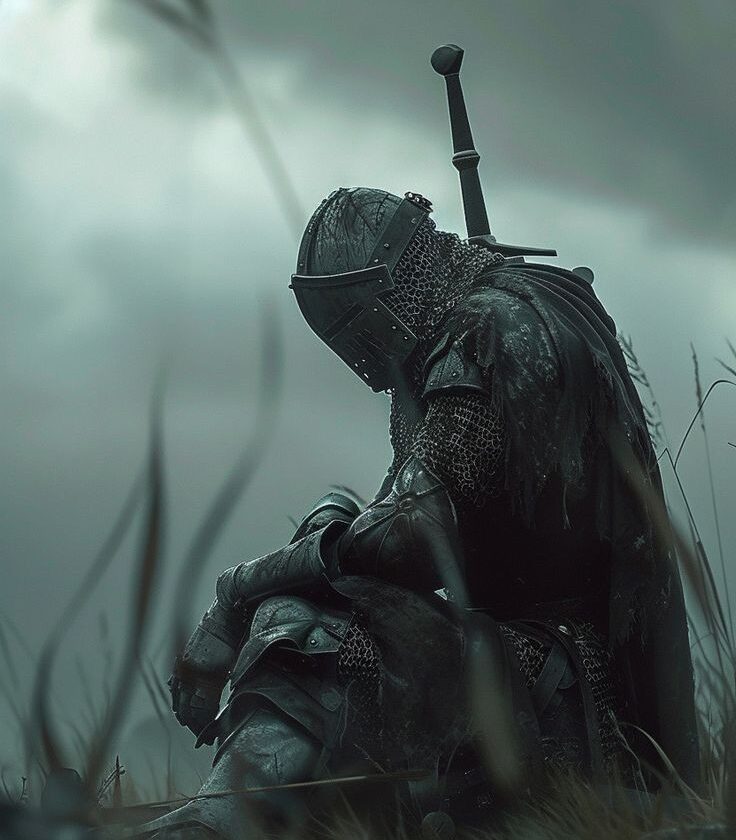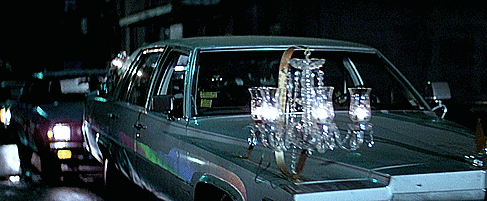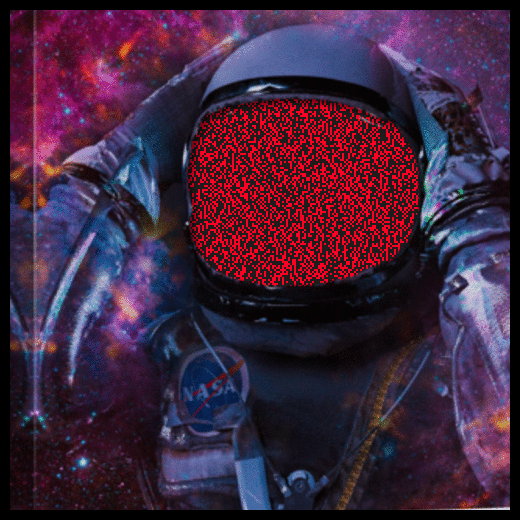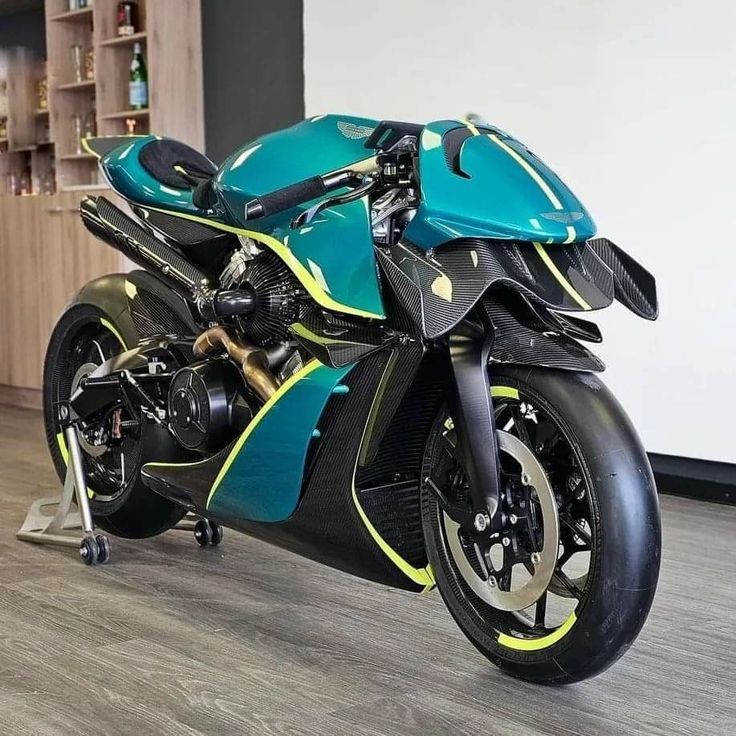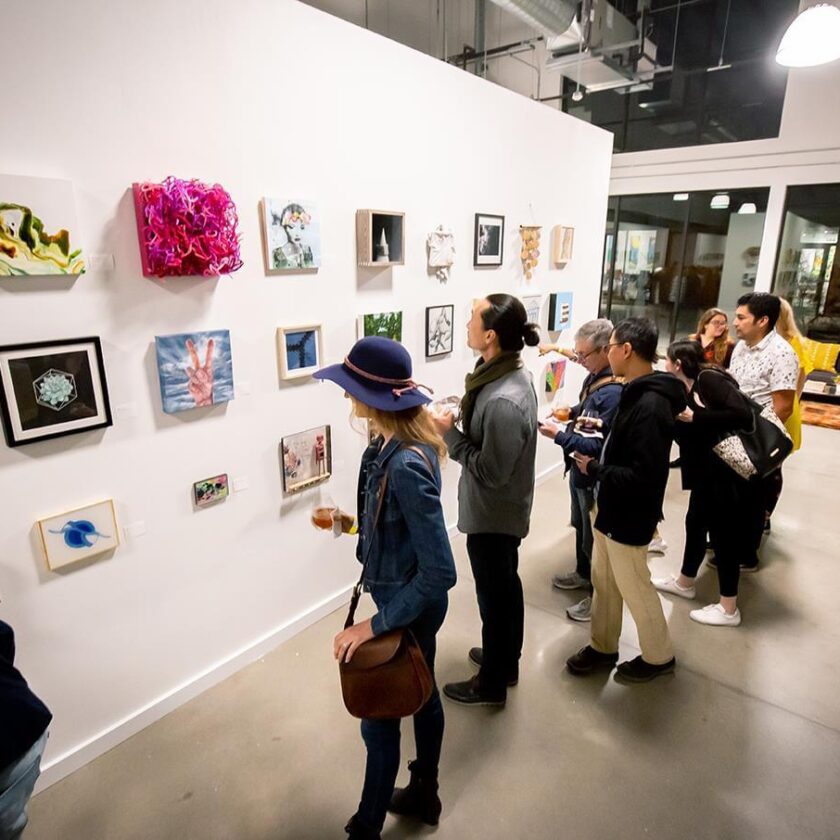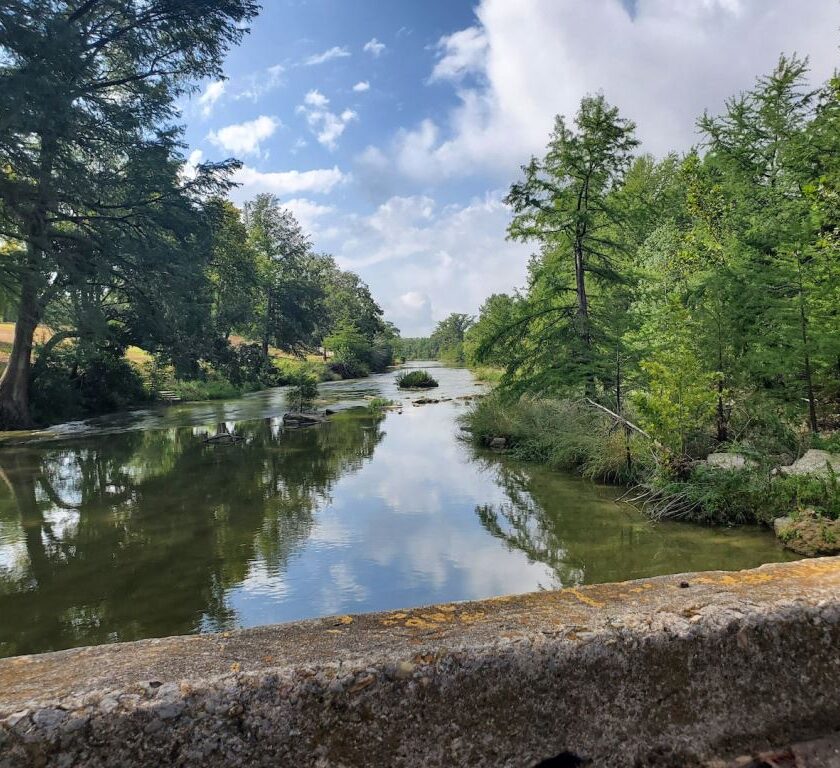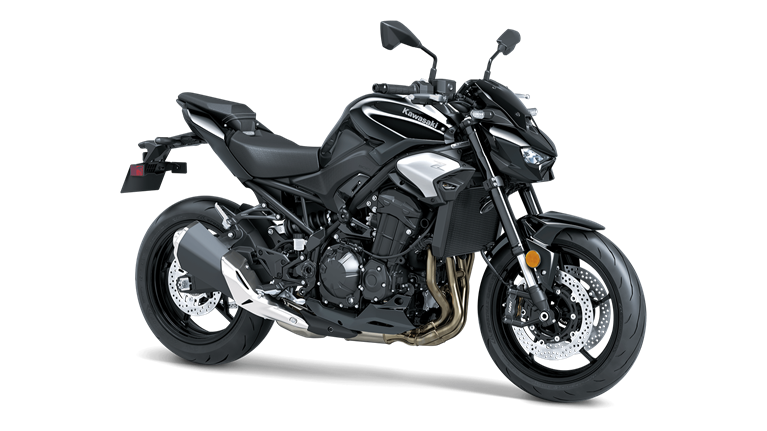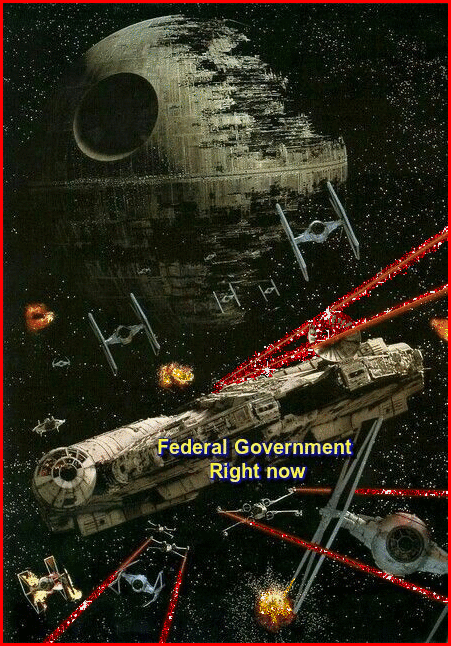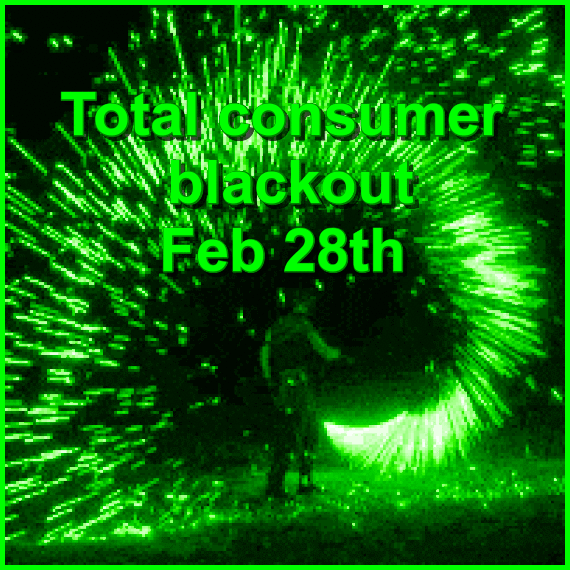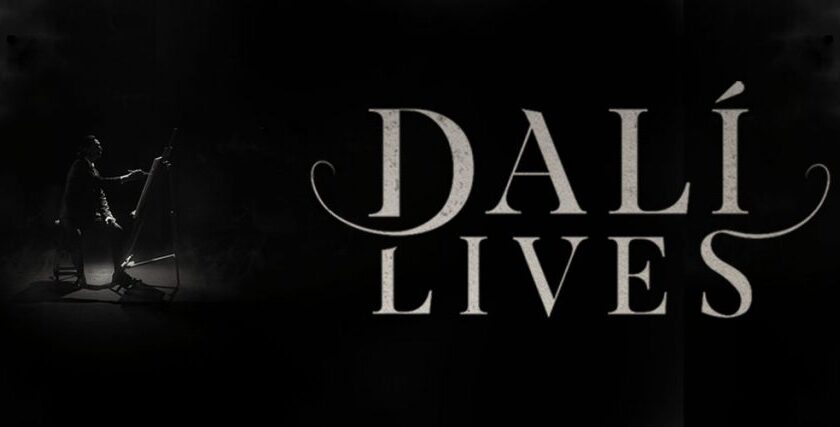TRANCE: It was 25 years ago ! : the year trance dance music went wild and eventually swept the world and Austin Texas!
When my crew first started exploring Austin Texas in the 90s, we were outsiders looking for an escape from the dull drinking bars of San Antonio Tx. This was the 90s, and Texas was virtually undeveloped in the underground music scene. A scene that would soon burst with new music and styles and philosophy of the trance movement that was welling up from the basements of UK house parties and Dutch streets and the vacation island of Ibiza.
Traveling 125mph in a 1990 Nissan 240sx down I-35, we would watch the radar detector eagerly for any signs of trouble. Once we cleared the danger zones, the horizon of Austin Texas rose in the night like the great emerald city of OZ. And on that last hill my and my companions would drop. Nakamichi speakers blaring, the Blaupunkt stereo would be at its peak setting. Just below distortion. This was the 90s. It was fucking killer dudes. There was no I-35 traffic back then, It was a fucking runway man.
When we were not jumping in the water in New Braunfels Texas or the Texas Hill Country, we were in Austin Fucking Texas.
We were looking for our stomping grounds: Lizard Lounge, Proteus, 404, Hollywood, Caucus Club, Plush, Barbarella, Ohms, Atomic Cafe and Austin Music Hall where things for me personally would culminate with the concert of The Crystal Method in 1998.
-Trinity
These Children That You Spit On: Dancing With the Clubkids BY MARC SAVLOV, FRI., MAY 5, 1995 article Austin Chronicle
Two Turntables and a Microphone: Austin’s DJ Culture BY MARC SAVLOV, FRI., MAY 29, 1998
When did trance music start?
Whilst it wasn’t known as a dance genre until the early 1990s, trance music can be traced back to 1988, with the release of Klaus Schulze’s album ‘’En=Trance’’.
It originated in Germany from the techno & hardcore scenes and quickly flooded dancefloors throughout the rest of Europe in places like Belgium and the Netherlands.
A nightclub (music club, discothèque, disco club, or simply club) is an entertainment venue during nighttime comprising a dance floor, lightshow, and a stage for a disc jockey (DJ) where a DJ plays recorded music.
Some nightclubs offer VIP areas open to celebrities and other paying guests. Nightclubs are much more likely than pubs or sports bars to use bouncers to screen prospective clubgoers for entry. Some nightclub bouncers do not admit people with informal clothing or gang apparel as part of a dress code. The busiest nights for a nightclub are Friday and Saturday night. Most clubs or club nights cater to certain music genres, such as house music or hip hop. Many clubs have recurring club nights on different days of the week. Most club nights focus on a particular genre or sound for branding effects.[1]
Madonna, Moby, Raves and Rodman: An Oral History of the Lizard Lounge

Orbital Setlist at Austin Music Hall, Austin, TX, USA
Tour: The Community Service Tour
Trance is a genre of electronic dance music[11] that emerged from the British new-age music scene and the early 1990s German techno and hardcore scenes.[2][3]
Trance music is characterized by a tempo lying between 125–150 bpm (BPM),[7] repeating melodic phrases[7] and a musical form that distinctly builds tension and elements throughout a track often culminating in 1 to 2 “peaks” or “drops”.[7] Although trance is a genre of its own, it liberally incorporates influences from other musical styles such as techno,[4][2] house,[1][2] pop,[4] chill-out,[4] classical music,[4][5] tech house, ambient and film music.[5]
A trance is a state of hypnotism and heightened consciousness.[12] This is portrayed in trance music by the mixing of layers with distinctly foreshadowed build-up and release. A common characteristic of trance music is a mid-song climax followed by a soft breakdown disposing of beats and percussion entirely,[4][7] leaving the melody or atmospherics to stand alone for an extended period before gradually building up again. Trance tracks are often lengthy to allow for such progression and commonly have sufficiently sparse opening and closing sections to facilitate mixing by DJs.[4][7]
Trance is mostly instrumental, although vocals can be mixed in: typically they are performed by mezzo-soprano to soprano female soloists, mostly without a traditional verse/chorus structure. Structured vocal form in trance music forms the basis of the vocal trance subgenre, which has been described as “grand, soaring, and operatic” and “ethereal female leads floating amongst the synths”. However, male singers, such as Jonathan Mendelsohn, are also featured.[13][14]
The “Trance” name may refer to an induced emotional feeling, high, euphoria, chills, or uplifting rush that listeners claim to experience, or it may indicate an actual trance-like state the earliest forms of this music attempted to emulate in the 1990s before the genre’s focus changed. A writer for Billboard magazine writes, “Trance music is perhaps best described as a mixture of 70s disco and 60s psychedelia”.[15]
Another possible antecedent is Yuzo Koshiro and Motohiro Kawashima‘s electronic soundtracks for the Streets of Rage series of video games from 1991 to 1994.[16][17][18] It was promoted by the well-known UK club-night “Megatripolis” (London, at Heaven on Thursdays) whose scene catapulted it to international fame.[19]
Examples of early trance releases include but are not limited to KLF‘s 1988 release “What Time Is Love?” (Pure Trance 1),[20] German duo Dance 2 Trance‘s 1990 track “We Came in Peace”,[7] and German duo Jam & Spoon‘s 1992 12″ Single remix of the 1990 song “The Age of Love“.[1]
The writer Bom Coen traces the roots of trance to Paul van Dyk‘s 1993 remix of Humate’s “Love Stimulation”.[1] However, Van Dyk’s trance origins can be traced further back to his work with Visions of Shiva, being the first tracks he released[21] In subsequent years, one genre, vocal trance, arose as the combination of progressive elements and pop music,[4] and the development of another subgenre, epic trance, finds some of its origins in classical music,[4] with film music also being influential.[5]
Trance was arguably at its commercial peak in the second part of 1990s and early 2000s.[22][23] Afterwards, popular trance music providers such as Armin van Buuren’s A State of Trance, Paul van Dyk, and Above & Beyond remained popular, while lesser known DJs changed to other sounds.[24] In 2017 a new wave of underground DJs such as Nina Kraviz began incorporating trance music into their sets.[24][25]
see also : Armada music What Is Trance Music – The Full Story
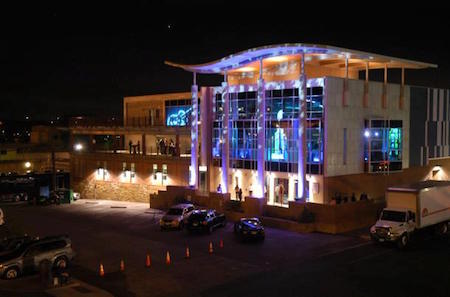
After a somewhat troubled 20 years, the large music venue is shutting down to make way for a downtown office building
Shows at the Austin Music Hall!!! REMEMBER ! ! !! >! ? ?
JAN 21, 1993
The Prodigy at Austin Music Hall, Austin, TX, USA
Artist: The Prodigy, Tour: Rave New World , Venue: Austin Music Hall, Austin, TX, USA
APR 23, 1997
The Orb at Austin Music Hall, Austin, TX, USA
Artist: The Orb, Tour: Orblivion Tour , Venue: Austin Music Hall, Austin, TX, USA
AUG 29, 1998
The Crystal Method at Austin Music Hall, Austin, TX, USA
Artist: The Crystal Method, Tour: Vegas , Venue: Austin Music Hall, Austin, TX, USA
MAR 12, 1999
Carl Cox at The Future Is Now
Artist: Carl Cox, Venue: Austin Music Hall, Austin, TX, USA
SEP 22, 1999
The Chemical Brothers at Austin Music Hall, Austin, TX, USA
Artist: The Chemical Brothers, Venue: Austin Music Hall, Austin, TX, USA
JUL 16. 1999
The Crystal Method at Austin Music Hall, Austin, TX, USA
Artist: The Crystal Method, Venue: Austin Music Hall, Austin, TX, USA
JUL 16, 1999
Orbital at Austin Music Hall, Austin, TX, USA
Artist: Orbital, Tour: The Community Service Tour , Venue: Austin Music Hall, Austin, TX, USA
NOV 16, 1999
Powerman 5000 at Austin Music Hall, Austin, TX, USA
Artist: Powerman 5000, Tour: Tonight the Stars Revolt! , Venue: Austin Music Hall, Austin, TX, USA
SEP 21, 2001
The Crystal Method at Austin Music Hall, Austin, TX, USA
Artist: The Crystal Method, Tour: 7-Day Tweekend , Venue: Austin Music Hall, Austin, TX, USA
APR 22, 2002
The Chemical Brothers at Austin Music Hall, Austin, TX, USA
Artist: The Chemical Brothers, Venue: Austin Music Hall, Austin, TX, USA
